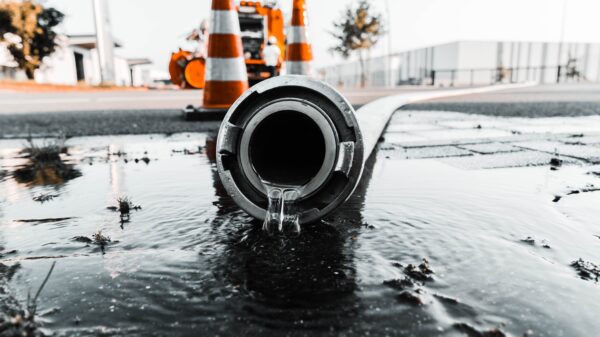3A National Standards for Asset Information in VA

Background
The Swedish water and sewage (VA) industry has a long history of utilizing digital solutions for optimizing production and purification, but it is lagging behind in the overall digital transformation efforts compared to similar operations on other countries. The major digitalization needs are in tracking leaks and optimal maintenance methololgy of infrastructure, as well as in in decision-making; being able to carry out daily operations as well as possible, including analysis, modeling, and prediction based on automatically collected data.
To achieve the vision of data sharing, ability to use complex models, and tools in the industry, there is a dire need of common use of standards for both data and hardware and software related to information management, structure, and security. Today, it is difficult to create industry-wide solutions or even exchange personnel skills as there is no common language between actors in different roles. The use of different types of denominations and information structures also contribute to lock-in effects within organizations and prevents information exchange and interoperability between different systems. Several standards exist but are not used on a general level within the industry today.
Project Goals
The goal of the project is to increase the understanding of the need for standards in digital water and sewage management networks, as well as the use and demand for relevant standards in the industry. By bringing the industry together and jointly following the development in the project, conditions for a shared vision of needs and the current situation, as well as knowledge exchange, are created.
By power of example how an existing standard can be adapted for the industry, understanding of how it can be used can be created; providing knowledge of use-cases of how gaps in the offerings can be filled and how to go about it. Forming a national standard creates conditions for establishing a strong, common language in the industry, thereby allowing other stakeholders to benefit from the project.
Expected Results
The final results will consist of guiding documents; practical materials for tutorials, a comprehensive handbook describing the use of standards, and workshop work with relevant actors. Practical examples that actors can partake in and apply in their tools and platforms will also be available after the project’s conclusion.
Info
Project categories
Sustainable competence buildingProject status
OngoingTimetable
2023 – 2026
Project manager
Alex Jonsson, Researcher Digital Systems, RISE
alex.jonsson@ri.se
Project Participants
Erika Dinis, Borås Energi & Miljö
erika.dinis@borasem.se
Robin Trankell, Roslagsvatten
robin.trankell@roslagsvatten.se
Partner
Borås Energi & Miljö, Roslagsvatten, RISE